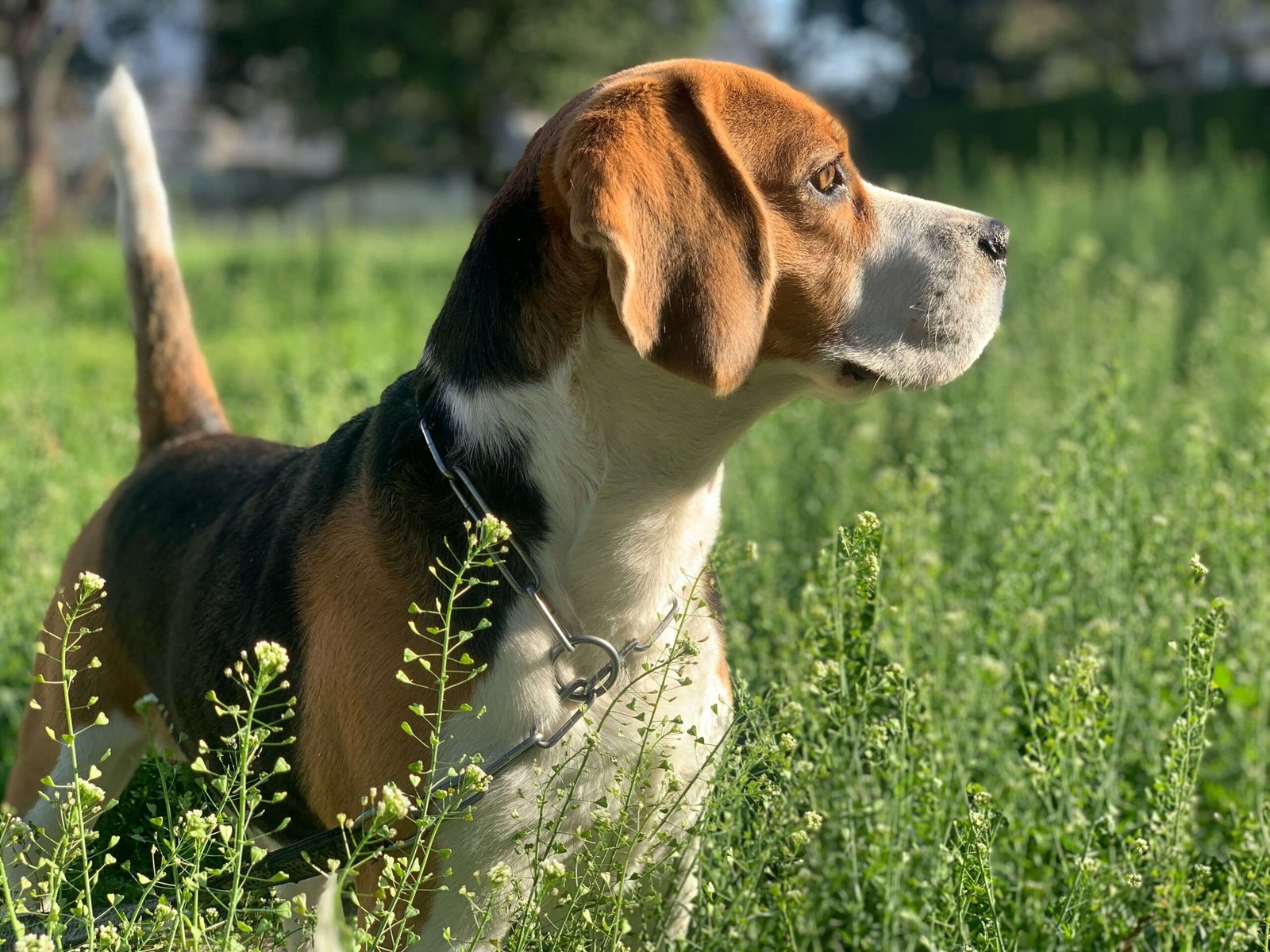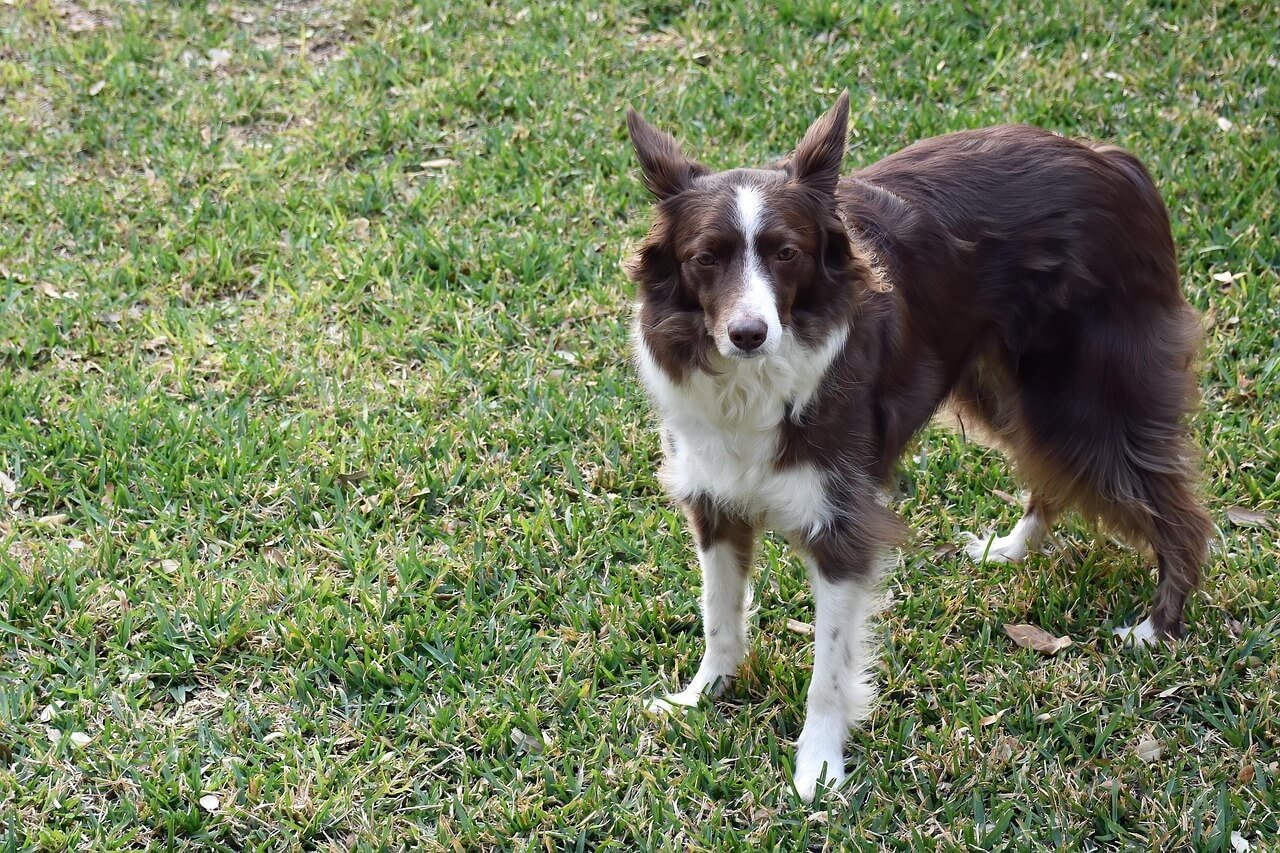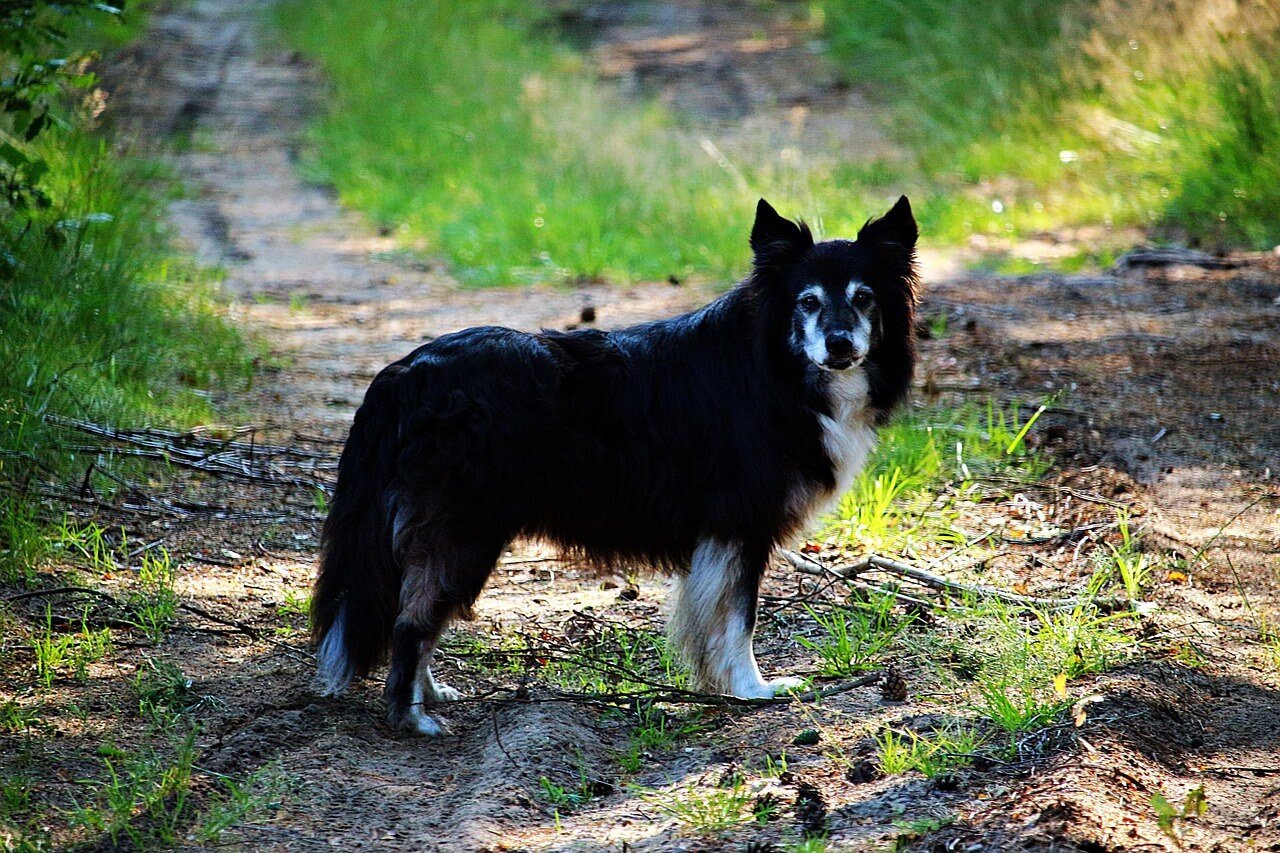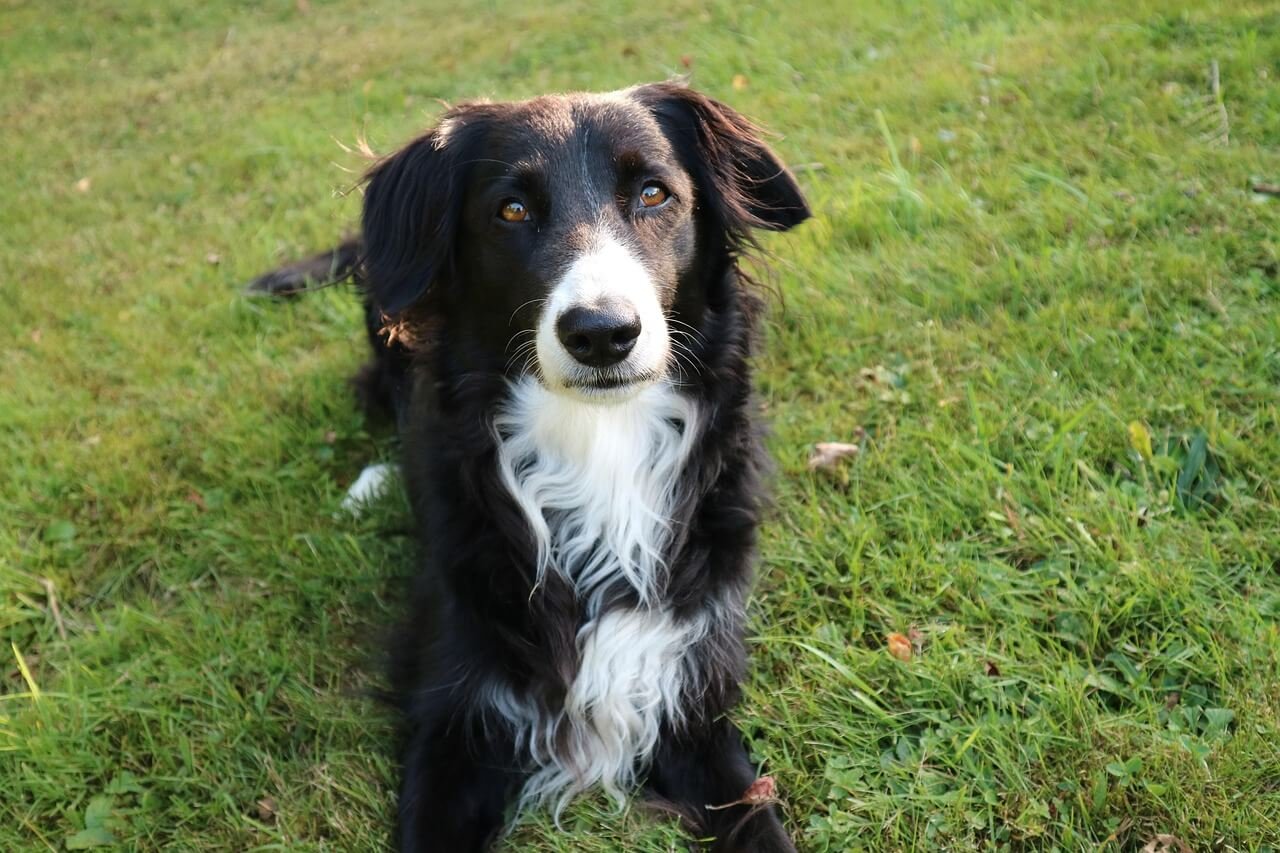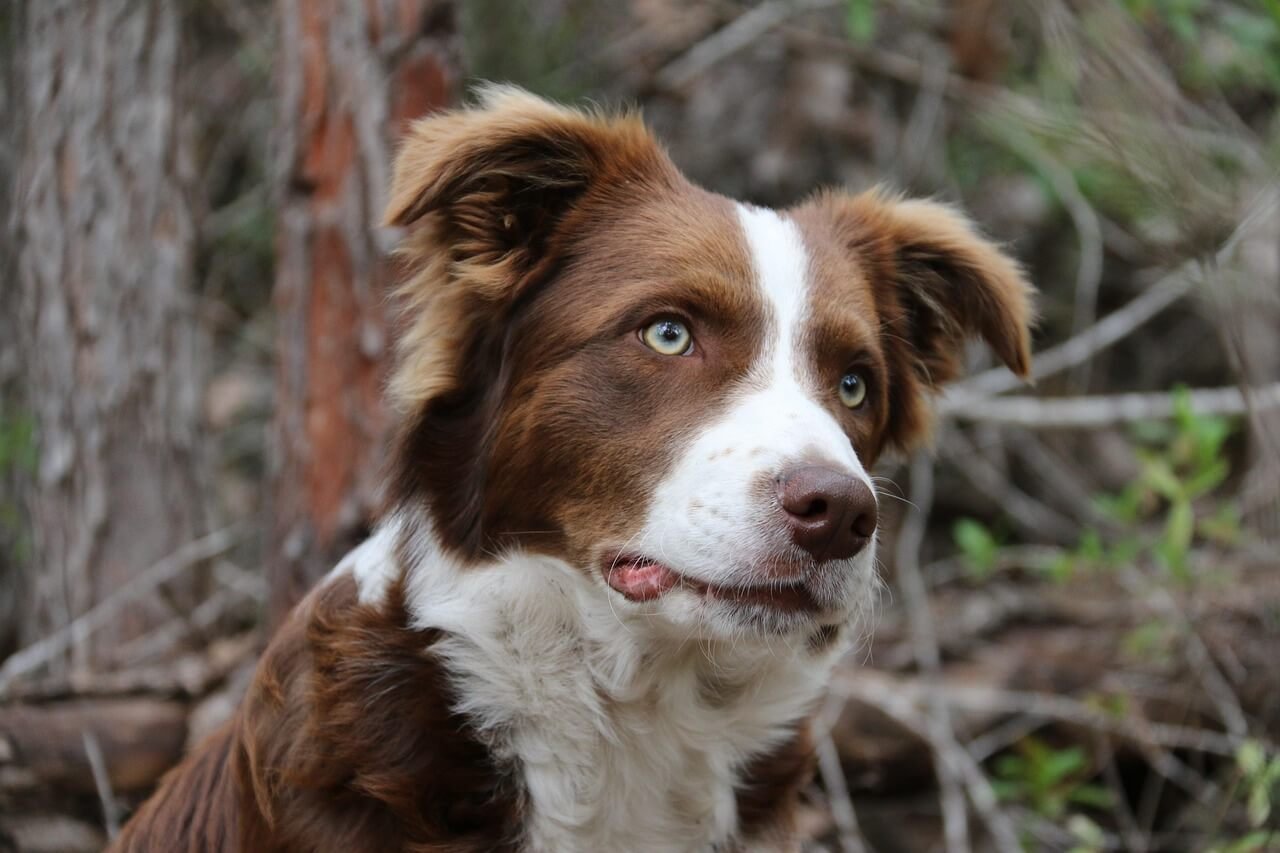Discover the Charm of Short Hair Dog Breeds
When it comes to choosing a furry companion, the options are endless. From playful pups to loyal guardians, each breed brings its own unique personality and charm. Among these, short hair dog breeds stand out for their sleek coats, low-maintenance grooming needs, and undeniable appeal. Whether you’re a first-time dog owner or a seasoned pet parent, short-haired dogs offer a perfect blend of beauty and practicality. In this blog post, we’ll explore why these breeds are so beloved, highlight some popular choices, and provide insights into their care requirements. Get ready to fall in love with these delightful companions!
Why Choose a Short Hair Dog Breed?
Short hair dog breeds are a favorite among many pet enthusiasts for several compelling reasons. Their minimal grooming needs and adaptability make them ideal for busy lifestyles, while their affectionate nature ensures they fit seamlessly into families. Here’s a closer look at why these breeds might be the perfect match for you:
- Low Maintenance Coats: Unlike long-haired breeds, short-haired dogs require less frequent brushing and are less prone to matting.
- Easier Cleaning: Dirt and debris are less likely to cling to their smooth coats, making bath time quicker and simpler.
- Allergy-Friendly Option: While no dog is entirely hypoallergenic, short-haired breeds often produce fewer allergens compared to their fluffy counterparts.
- Versatility in Climate: Many short-haired breeds adapt well to warmer climates, though some may need extra care in colder weather.
With these advantages, it’s no wonder that short hair dog breeds continue to capture the hearts of dog lovers worldwide.
Popular Short Hair Dog Breeds You Should Know
If you’re considering adding a short-haired pup to your family, it’s helpful to familiarize yourself with some of the most popular breeds. Each one has its own distinct traits, ensuring there’s a perfect match for every lifestyle. Here’s a quick overview of some standout short hair dog breeds:
- Beagle: Known for their friendly demeanor and excellent sense of smell, Beagles are great companions for active families.
- Boxer: With their boundless energy and protective instincts, Boxers are both playful and loyal.
- Dalmatian: Famous for their striking spotted coat, Dalmatians are intelligent and thrive on regular exercise.
- Greyhound: Despite their reputation as racing dogs, Greyhounds are surprisingly calm and gentle at home.
- Bulldog: Characterized by their wrinkled face and sturdy build, Bulldogs are affectionate and laid-back.
These breeds exemplify the diversity within the world of short hair dogs, offering something for everyone. Whether you’re looking for a high-energy partner or a cuddly couch potato, there’s a short-haired breed waiting to join your family.
Expert Insight: The Appeal of Short Hair Dog Breeds
“Short hair dog breeds are a fantastic choice for first-time owners and seasoned pet parents alike,” says Dr. Emily Carter, a certified veterinarian with over 15 years of experience. “Their low-maintenance grooming needs, combined with their adaptability to various environments, make them both practical and endearing companions.” She emphasizes that proper care, including sun protection and temperature management, ensures these dogs remain healthy and happy throughout their lives.
Check this guide 👉 Top 5 Best Turkey Dog Food Options for Ultimate Nutrition!
Check this guide 👉 Top 5 Best Dog Electrolytes for Ultimate Hydration Boost!
Check this guide 👉 Top 5 Premium Hydrolyzed Dog Foods for Ultimate Health!
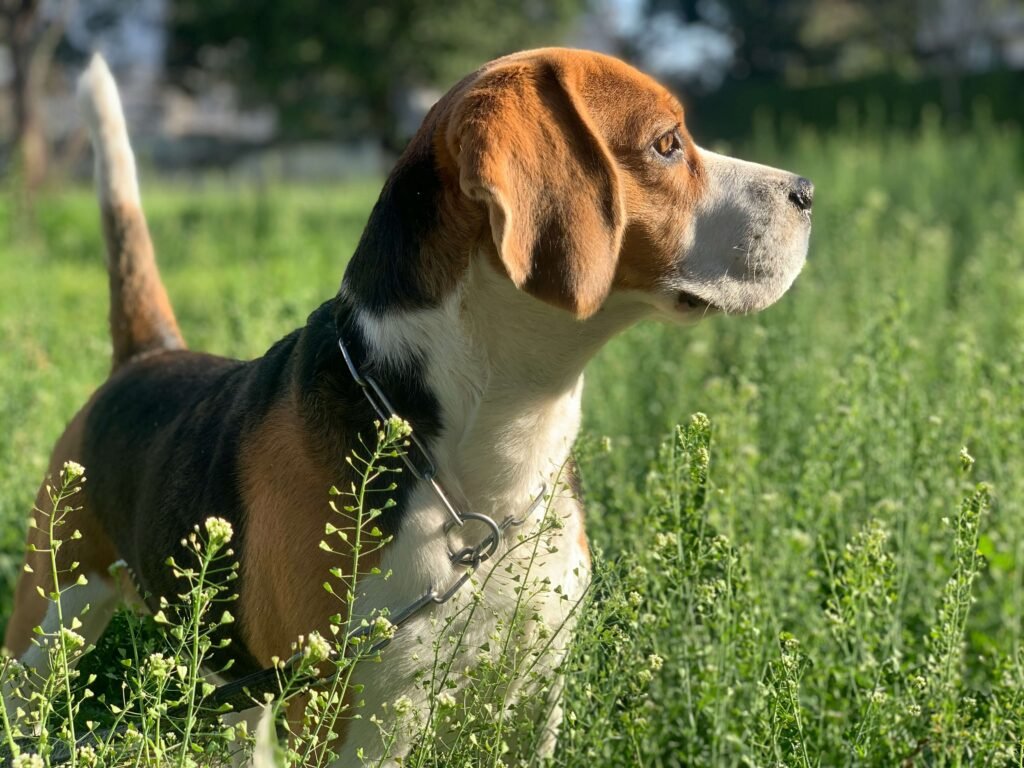
Advantages of Short Hair Dog Breeds | Considerations for Short Hair Dog Breeds |
|---|---|
Minimal grooming needs | May require extra warmth in colder weather |
Easier to clean and maintain | Limited natural insulation against cold |
Often more allergy-friendly | Some breeds may drool excessively |
Adaptable to warm climates | Can be prone to sunburn on exposed skin |
Sleek and stylish appearance | Shedding may be more visible on furniture |
Caring for Your Short Hair Dog
Owning a short hair dog breed comes with its own set of responsibilities. While their grooming needs are minimal, proper care ensures your furry friend stays healthy and happy. Here’s how you can provide the best care for your short-haired companion:
- Regular Brushing: Even short-haired dogs benefit from weekly brushing to remove loose fur and distribute natural oils.
- Protective Clothing: In colder months, consider investing in a cozy sweater or jacket to keep your dog warm.
- Sun Protection: Apply pet-safe sunscreen to prevent sunburn, especially during prolonged outdoor activities.
- Balanced Diet: Feed your dog high-quality food tailored to their age, size, and activity level.
- Exercise Routine: Ensure your dog gets enough physical and mental stimulation to stay fit and content.
By following these tips, you can ensure your short hair dog enjoys a long, healthy, and fulfilling life by your side.
Training Tips for Short Hair Dog Breeds
Training is an essential part of raising a well-behaved and happy dog. Short hair breeds are no exception, and with the right approach, you can foster a strong bond while teaching important commands. Here are some training tips tailored to these breeds:
- Start Early: Begin training as soon as you bring your puppy home to establish good habits early on.
- Use Positive Reinforcement: Reward desired behaviors with treats, praise, or toys to encourage repetition.
- Keep Sessions Short: Short, engaging sessions work best, especially for high-energy breeds like Greyhounds.
- Socialization: Expose your dog to different environments, people, and animals to build confidence.
- Be Consistent: Use consistent commands and routines to avoid confusion and reinforce learning.
With patience and dedication, you’ll have a well-trained companion who’s a joy to be around.
Understanding the Unique Needs of Short Hair Dog Breeds
While short hair dog breeds are often celebrated for their low-maintenance coats and adaptability, they do come with specific needs that potential owners should be aware of. These requirements ensure your furry friend stays healthy, comfortable, and happy in any environment. Here’s a breakdown of what to keep in mind:
Temperature Sensitivity:
Short-haired dogs are more vulnerable to extreme temperatures. They may need protection from both cold weather (coats or indoor warmth) and excessive sun exposure (shade and sunscreen).Skin Health:
Their shorter coats offer less protection against environmental irritants. Regular checks for rashes, dryness, or insect bites can help maintain their skin health.Exercise Requirements:
Many short-haired breeds, like Greyhounds and Boxers, are high-energy dogs that need plenty of physical activity to stay balanced and content.Dietary Needs:
A nutrient-rich diet is essential to support their active lifestyles and maintain a shiny, healthy coat.Social Interaction:
Most short-haired breeds thrive on companionship and interaction. Regular playtime and socialization prevent loneliness and behavioral issues.
By understanding and addressing these unique needs, you’ll create a nurturing environment where your short-haired companion can truly thrive.
Fun Facts About Short Hair Dog Breeds
Short hair dog breeds are not only practical and easy to care for, but they also come with a host of fascinating traits that make them even more endearing. Here are some fun facts about these sleek and stylish pups:
Speed Champions:
Many short-haired breeds, like Greyhounds and Whippets, are among the fastest dog breeds in the world, capable of reaching speeds up to 45 mph!Historical Heroes:
Some short-haired breeds, such as the Dalmatian, have played significant roles in history. Dalmatians were famously used as carriage dogs to protect horses and guard stables.Minimal Shedding Myths:
While their shedding may be less noticeable than long-haired breeds, short-haired dogs still shed regularly. Their fur is simply easier to clean up!Versatile Workers:
Boxers and Beagles, both short-haired breeds, were originally bred for specific tasks—Boxers as guard dogs and Beagles as scent hounds—and retain their intelligence and work ethic today.Pop Culture Icons:
Short-haired breeds often steal the spotlight in movies and TV shows. Scooby-Doo, one of the most iconic cartoon dogs, is based on a Great Dane—a short-haired breed!
These fun facts highlight the unique charm and versatility of short hair dog breeds, making them even more lovable companions for dog enthusiasts everywhere.
How Short Hair Dog Breeds Fit Into Different Lifestyles
Short hair dog breeds are incredibly versatile, making them a great match for a wide range of lifestyles. Whether you’re a busy professional, an active adventurer, or a homebody who loves cozy days on the couch, there’s a short-haired breed that can seamlessly integrate into your daily routine. Here’s how these dogs adapt to different lifestyles:
For Busy Professionals:
Breeds like the Greyhound or French Bulldog are low-maintenance and content with moderate exercise, making them perfect for those with hectic schedules.For Active Individuals:
High-energy breeds such as the Boxer or Vizsla thrive on outdoor activities like running, hiking, or playing fetch, making them ideal companions for fitness enthusiasts.For Families with Kids:
Friendly and patient breeds like the Beagle or Bulldog are known for their gentle nature and ability to get along well with children.For Apartment Dwellers:
Compact yet charming breeds like the Boston Terrier or Basenji adapt easily to smaller living spaces and require less space to roam.For Seniors or Retirees:
Calm and affectionate breeds such as the Cavalier King Charles Spaniel or Miniature Pinscher offer companionship without overwhelming physical demands.
No matter your lifestyle, there’s a short-haired breed that can bring joy, love, and balance to your home while fitting effortlessly into your day-to-day life.
Frequently Asked Questions About Short Hair Dog Breeds
Are short hair dogs easier to groom than long-haired breeds?
Yes, short hair dogs generally require less frequent brushing and grooming compared to their long-haired counterparts.
Do short hair dogs shed less?
Not necessarily. While their shedding may be less noticeable, many short-haired breeds still shed regularly.
Can short hair dogs live in cold climates?
Most short hair breeds can adapt to colder climates with proper care, such as wearing a coat or limiting outdoor time in extreme weather.
Are short hair dogs better for people with allergies?
While no dog is completely hypoallergenic, short hair breeds often produce fewer allergens, making them a better option for some allergy sufferers.
What’s the best way to protect my short hair dog from the sun?
Use pet-safe sunscreen on exposed areas like the nose and ears, and provide shade during peak sunlight hours.
Embrace the Joy of Short Hair Dog Breeds
Short hair dog breeds bring a unique blend of elegance, simplicity, and charm to any household. Their low-maintenance coats, adaptable personalities, and loving nature make them cherished companions for individuals and families alike. Whether you’re drawn to the playful antics of a Beagle or the regal presence of a Dalmatian, there’s a short-haired breed perfectly suited to your lifestyle. By understanding their needs and providing proper care, you can enjoy a lifetime of happiness and companionship with your furry friend. So why wait? Open your heart and home to the joy that only a short hair dog can bring!
Understanding Scabs in Dogs Ears: Best 7 Tips! Learn how to identify, treat, and prevent scabs in your dog’s ears for optimal ear health.
Is Cinnamon Bad for Dogs? Best 7 Health Tips! Discover safe ways to use cinnamon, risks to avoid, and expert advice to keep your dog healthy.
Can Dogs Get Pneumonia from Humans? Best 7 Tips! Learn how to protect your dog, understand transmission risks, and ensure their respiratory health.
Can Dog Urine Make You Sick? Best 7 Health Tips! Learn how to stay safe, prevent illness, and handle exposure to dog urine effectively.

